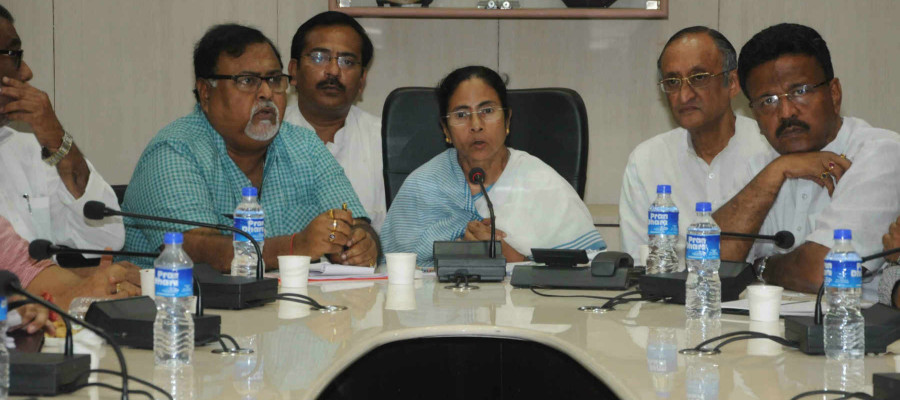BY SAEED NAQVI
“The War You Don’t See”, a stunningly honest portrayal of the deceptions of modern warfare kept a small audience at the India Islamic Centre riveted earlier this week. The film is by one of the best known war correspondents, twice winner of Britain’s journalist of the year award, John Pilger, who introduced the documentary and answered questions. The thin attendance, therefore, was both a surprise and a pity.
Half the audience, a modest total of about 50, had received no invitations. True the Indian Express had published an interview with Pilger some days ago but had given no indication of a film show. There were no advertisements, no posters, no notice. Did the organizers have cold feet? Were they warned by the funding agencies?
One expected the precocious Indian electronic media to be in some token attendance to see a film of great relevance today. Not one showed up.
Since it was the Islamic center, one thought Muslims would be there in full force since they are being hammered everywhere in wars Pilger exposes. Yes, there was an apostate Shia in the audience, but no Muslims. Some Muslim countries have long arms but I doubt if they have the sophistication to be able to manage attendance at the India Islamic Centre. Whatever the reason for this apparent indifference to a remarkable piece of journalism, a great deal of guilt lies at the door of our profession – journalism.
Not only are we incapable of the sort of journalism which has placed Pilger at the top despite the establishment, but we even shy away from an instructive film just in case our presence is cited as evidence against us! Or, is it, that we are afraid looking into the mirror?
Pilger traces media manipulation to the first World War when “embedded” journalists first made an appearance. The great ideologue who set into motion the propaganda industry was Edward Louis Bernays, a nephew of Sigmund Freud who moved to the US from Vienna, became a journalist and applied his uncle’s psychoanalytical concepts and extended them to crowd psychology.
Little wonder, Bernays served President Woodrow Wilson’s administration on the committee in Public Information during World War I. He was responsible for promoting the idea that America’s war efforts were primarily aimed at “bringing democracy to all of Europe”.
Since the word “propaganda” acquired a negative connotation because of its use by the Germans during the war, Bernays blazed the trail of what the copycat world describes as “Public Relations”.
The most powerful idea is one which, when in control of the mind, leaves no room for curiosity about its source. It has become an organic part of the life of the mind.
Take this nugget from Bernays: “If we understand the mechanism and motives of the group mind, is it not possible to regiment the masses according to our will without their knowing about it?”
Quite incredibly, Bernays lived as long as his ideas enclosed the so called free minds. They are still in full gallop. The man died in 1995 at the age of 103! Repeat age of 103!
Sometimes there is very little difference between state control of the media and the promotion of a delusion about a free press. This delusion leaves yards of space for “engineering consent”. It might in these circumstances be fair to ask whether a cuckold is better off than a witness to infidelity?
In the case of colonized minds, the tragedy is two fold. Bernays, however perniciously, was serving the interests of the United States. But whose interest is the great Indian media serving when it allows itself to be co opted into the Bernays framework?
As we all know, the reality or the pretense, of the endgame in Afghanistan is of crucial importance to India. Already, an India-Afghan strategic partnership agreement is in place. The Afghan-US agreement is being dragged on by the Loya Jirga and the entire Afghan establishment.
Why? Because the Americans are unpopular and the Indians are not. In fact if an Indian TV team were to travel across Afghanistan, it would have friendly reception almost everywhere except some knotty junctions of conflict.
And yet Western TV crews, along with their Afghan stringers are all over the place. You might argue that Western crews have the entire NATO war machine helping them out.
Frankly, the great advantage of being an Indian journalist is the access Indians can have on all sides – occupiers and their victims.
And yet the Indian media prefers to be under the Bernays canopy, even avoiding an excellent evening that might have jogged the mind about the grand delusions we nurture about our freedoms.
(Saeed Naqvi is senior Indian journalist, television commentator, interviewer, and a Distinguished Fellow at Observer Research Foundation. Mr. Naqvi is also a mentor and a guest blogger with Canary Trap)
